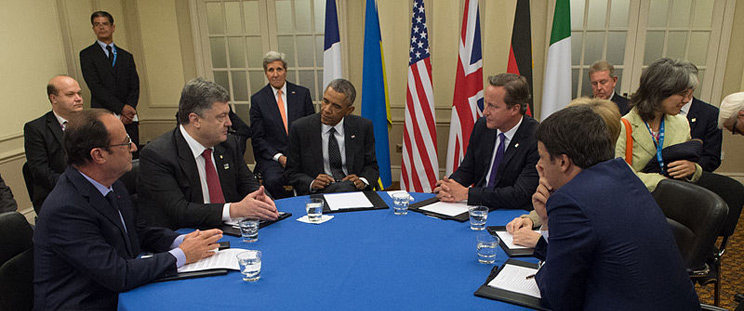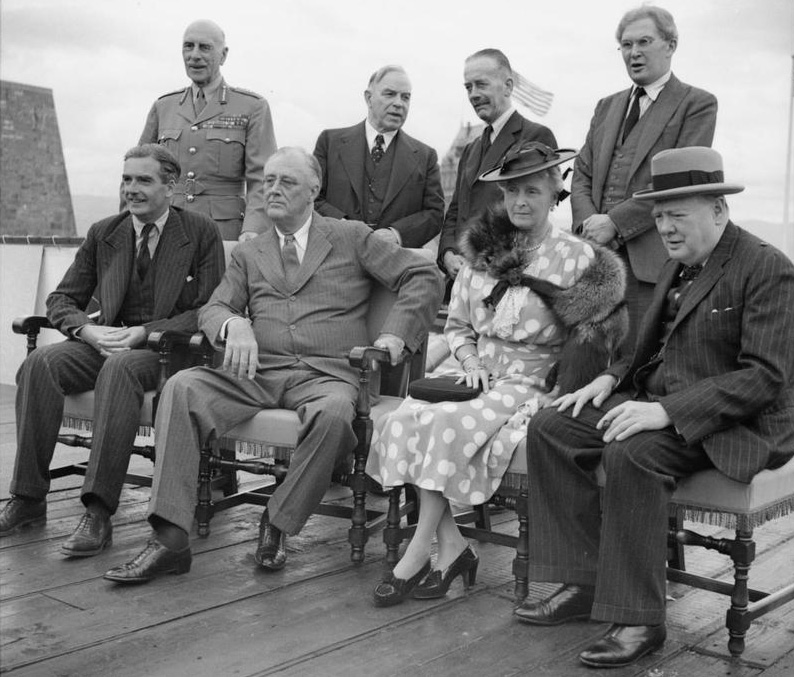Recently I gave a short talk to some members of staff at IESE Business School on the question of personal magnetism. After this talk, I accidentally came across a remark by a retiring politician from this part of the world which disturbed me somewhat because it emphasized an obvious dilemma.
He wrote, “I learned quickly how to be hypocritical and manipulative in dealing with the people by using my personal skills: maintaining a smiling and urbane appearance. I learned how to bully them into doing what I wanted by being nice. I knew they liked me and I could get what I wanted by being courteous, smiling and pleasant”.
Personal magnetism is a neutral concept and can be used for selfish individual ends or for the greater good
In most organizations this type of insincere behavior would become evident very quickly, and the reaction would be one of cynicism and mistrust. However, it is less evident when business and personal relationships are not close and frequent. Consequently, it is important that we realize that personal magnetism is a neutral concept and can be used for selfish individual ends or for the greater good .

Personal magnetism, as we pointed out in a previous post, can be generally described as personal power or attraction, which enables us to attract others and influence them by our personality. In other words, we persuade people freely by way of our personality to act on an understanding of some common goal. The writer, Theron Dumont, describes this act of persuasion as “emanating an atmosphere of good cheer, and happiness which affects others in a desirable way”. The underlying feature is that the goal is in all our interests and that the persuader is sincere and has a genuine interest in other people’s viewpoints.
When Dumont published his research he divided personal magnetism into two practical dimensions which he termed “mental” and “physical”. The mental dimension concerns our focus and our ability to be ingenious. The physical aspect is related to maintaining an even breathing pattern especially in times where our emotions are stretched. However, I would add a third category to this dimension, our basic need for recognition as our motivation.
An example of Personal Magnetism in Action: Brendan Bracken
One well known example of personal magnetism in action is the founder of the modern Financial Times, The Economist, and Churchill’s Minister for Information during World War II, Brendan Bracken. Bracken was certainly not a great public speaker, nor did he have any social or political connections, networks or wealth, when he began his career at eighteen years of age as an unknown in the city of Liverpool. But he was focused on his career and had the ability to maintain an emotional calmness under extreme stress (physical) while being persuasive in bringing together people of diverse interests.

He understood from the very beginning the need to find the common ground among those he was negotiating with, especially in his business dealings. Emotionally he was able to deal with conflict especially among those on top of the political, social and media echelons. One of his greatest feats was brokering an agreement among the various media giants including the fiercely independent BBC to coordinate their reporting without having to resort to legal means or any form of coercion during the War. Many others tried but failed in this endeavor. Why did he succeed where others failed? He had the ability to negotiate with calmness, and satisfy and unify the personal interest of each of those media giants participating. He was urbane, calm, focussed and ingenious.
The case of Brendan Bracken is interesting because literally no one in his milieu trusted him on a personal level due to huge contradictions relating to his private life and background. Professionally, his urbane and courteous personality and his ability to understand and take other people’s interests into account when negotiating with them, made him one of the most effective business and political personalities of the World War II period.
The innate desire for recognition is, in my opinion, our prime motivation in putting in the effort towards developing personal magnetism. However, it must be controlled by our ability to be self-aware. This awareness is essential to save us from falling into the trap of insincerity
Finally, what motivates people like Bracken to develop this aspect of their personality? Such commentators as Hegel, Hobbs and Machiavelli would say that it is desire for ‘Recognition’ of their worth and value that essentially motivates them. This innate desire for recognition is, in my opinion, our prime motivation in putting in the effort towards developing personal magnetism. However, it must be controlled by our ability to be self-aware. This awareness is essential to save us from falling into the trap of insincerity, as in the confession of our politician in the introductory paragraph.

